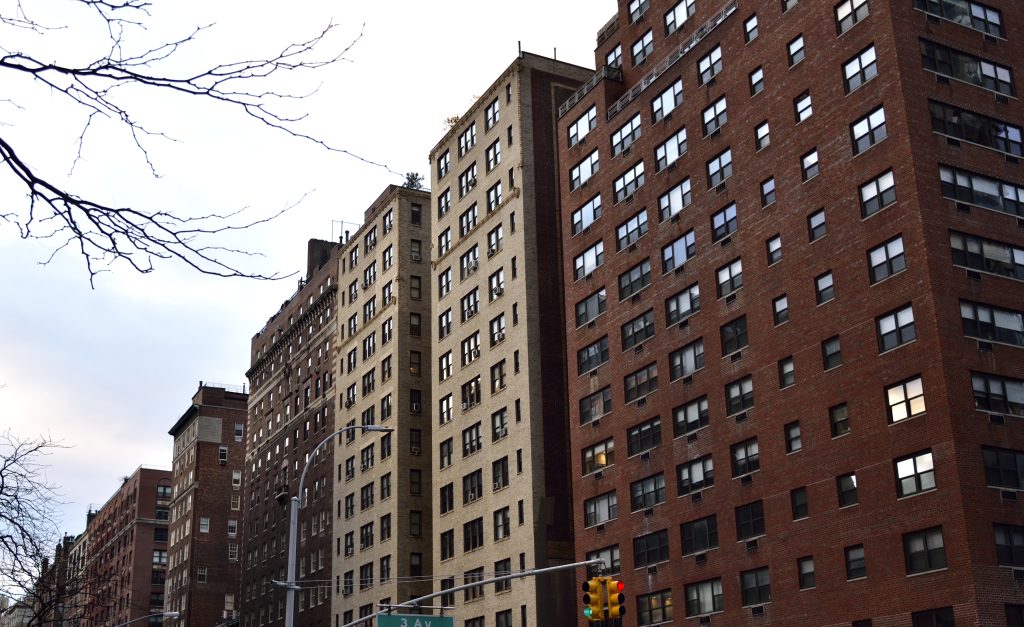Maria Sklodowska Curie and Nicholas Copernicus are one of the most famous Poles in academia. Poland is a country with a long history of academic excellence and in recent years have been keen to promote their higher education to the rest of the world. In the year 2021, almost 45,000 international students sought resident permits for the purpose of studies in Poland. Polish universities offer a high-quality education, with many institutions ranked among the best in Europe. Here’s what Poland offers:







WhatsApp us